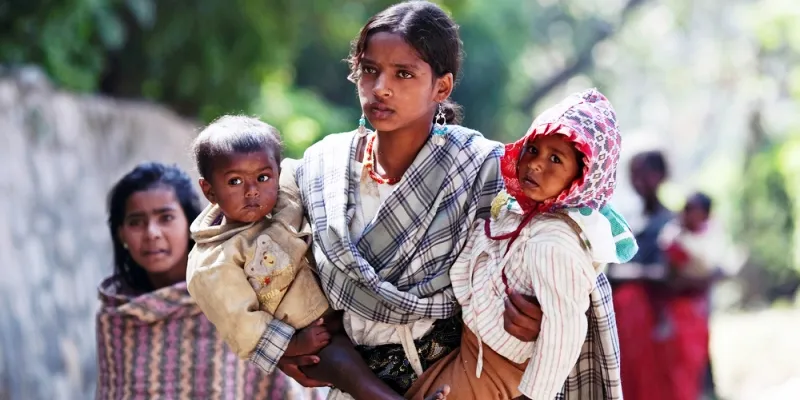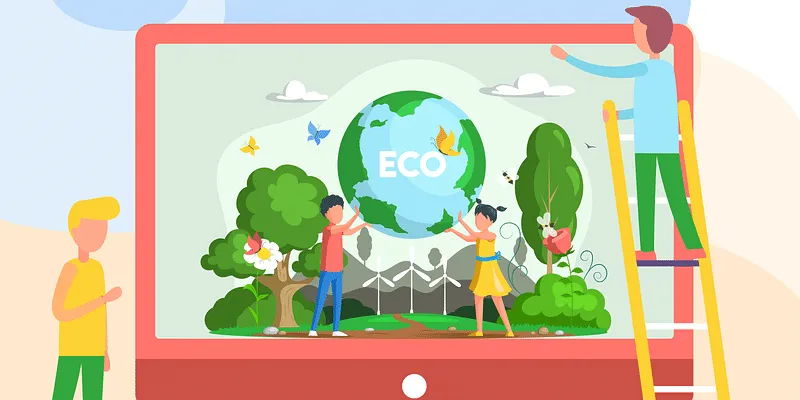From creating jobs for neurodiverse people to monitoring air pollution: top SocialStories this week
This week, the articles in SocialStory spanned across sectors ranging from health and environment discussing key issues in each one.
Bridging the gap between the government and the public is one of the key attributes of social impactful initiatives.
This week in SocialStory, we have shared articles across the fields of health, environment and human resources.
Towards Kuposhan-mukt Bharat: Freeing every child from anaemia can make all the difference
Ratna (name changed), a 22-year-old resident of Shivpuri in Madhya Pradesh, belongs to the Saharia community (classified as a vulnerable tribal group) which has a prevalence of malnutrition and pulmonary tuberculosis.
Both Ratna and her husband toil all day to get the required farm produce to feed themselves.
When she was pregnant with her second child, she was diagnosed with acute anaemia. After the delivery at a local maternity hospital, she started facing fatigue, weakness, and dizziness, along with other health issues. The adverse health conditions also made it extremely difficult for Ratna to care for her newborn, as she was in dire need of care herself. She was also unable to breastfeed her child at the time of birth.

Representational image
Vikas Samvad Samiti, a grassroots-level organisation partnering with CRY (Child Rights and You) working in Shivpuri, intervened and arranged local milk substitutes to feed the child. Ratna was provided with iron supplements and vitamins through Arogya Kendra, a sub-centre of the state government.
She was also prescribed to take green leafy vegetables and necessary nutrient support regularly through the kitchen gardens promoted by CRY. The result was almost instant—Ratna’s haemoglobin levels started rising, and gradually, she started to breastfeed the child.
Project Nishant seeks to create job opportunities for neurodiverse people
Neurodiverse people in India have often been overlooked as a talent pool. Many corporates have failed to go beyond traditional HR and hiring policies to effectively embrace this segment of candidates.

Two sixteen-year-olds are trying to change this with Project Nishant, as Tarini Malhotra and Avni Singh believe that neurodiverse people have an equal right to education and employment.
Project Nishant aims to ensure a streamlined process of recruitment and help neurodiverse people with skilling and development so that they are employable in future. It also seeks to promote entrepreneurship among the differently abled.
Evolution of air pollution monitoring over the years
Our modern lifestyle, which we owe to the industrial revolution, has become an indirect threat to our planet, and in turn, to our lives. All parts of our environment have been contaminated—water, air, soil, and food.
Air pollution from indoor and outdoor sources represents the single largest environmental health risk globally. As per WHO, seven million people die prematurely each year due to air pollution, while 3.2 million of them are exposed to residential pollutants arising from cooking, heating, electricity, and dust.

It’s only now that we are realising how polluted air can be hazardous. Consider the 1800s when canary birds were said to have saved numerous lives of miners in Britain by detecting high concentrations of carbon dioxide, carbon monoxide, and methane in mines. Now, we rely on low-cost, data-efficient technology and innovation to detect such toxic gases.
These civic-tech startups are helping governments bridge the digital divide
The COVID-19 pandemic has reimagined digital ecosystems across sectors. The ripple effect of increased digitisation can be felt in areas previously excluded from reaping the benefits of digitally-enabled services.
With people embracing technology like never before, it’s imperative for governments—both central and state—to provide fair access to a wide range of citizen services.
Fortunately, India's development as a centre for innovation presents an opportunity to find fresh approaches to these societal issues.






